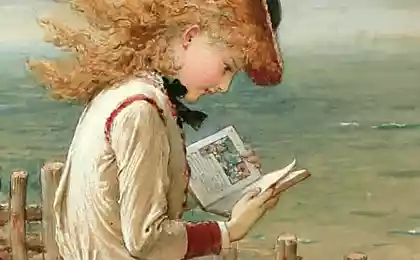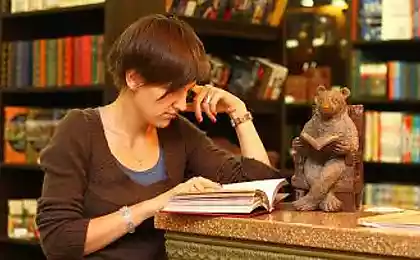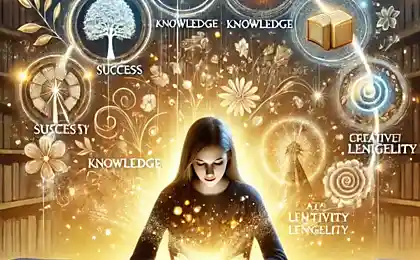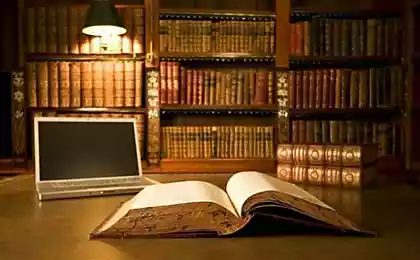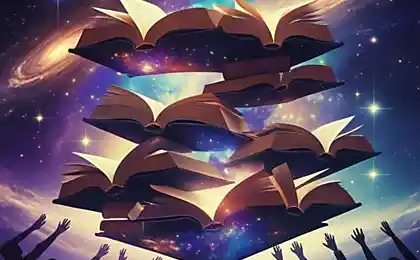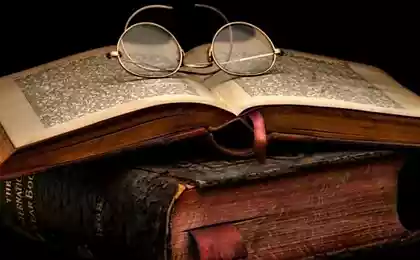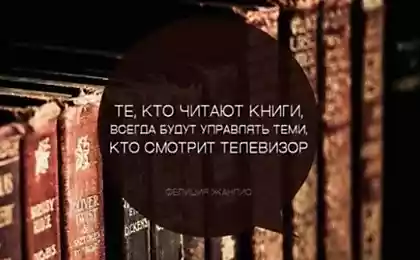231
What book to read tonight
Why do we read books? It would seem a strange question, but how many people, so many answers to it there are: some kill time on the way to work, others develop the imagination, others look for answers to their questions, the fourth dissolve in fictional stories to escape from the gray reality.

Reading opens up endless horizons: it gives us the opportunity to live different lives, play other people’s roles, change countries and eras. But we all choose different books and take different ones from them.
Making a list of the best, most important and iconic books that would satisfy our changing tastes is very difficult. It is necessary to pay tribute to the classics, take into account hundreds of factors, including the historical and cultural significance of the book, its relevance and stable popularity.
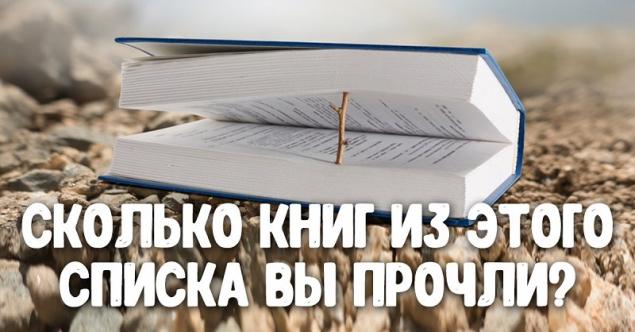
Nevertheless, literary critics continue to compile their top lists over and over again, providing us with life-saving landmarks in an endless sea of books. Today we want to share one of these lists. How many books have you read from it?
Top of the best books
“Einmal ist keinmal ... Once is like never. If we are destined to live a single life, then we have not lived at all, reflects Milan Kundera in his famous novel The Unbearable Lightness of Being.
To draw a rather bold analogy, the books, once read as a child or fluently passed once as part of a school literature course, remain for the most part unfamiliar to us.
And the list of those few who read and re-read at intervals of tens of years, narrows like a shavern skin from an inexhaustible hundreds to tens, perhaps even a few.
There are never too many true friends. Bulgakov, Pushkin, Marquez, Hemingway, Nabokov, Strugatsky, Remark...

Reading opens up endless horizons: it gives us the opportunity to live different lives, play other people’s roles, change countries and eras. But we all choose different books and take different ones from them.
Making a list of the best, most important and iconic books that would satisfy our changing tastes is very difficult. It is necessary to pay tribute to the classics, take into account hundreds of factors, including the historical and cultural significance of the book, its relevance and stable popularity.

Nevertheless, literary critics continue to compile their top lists over and over again, providing us with life-saving landmarks in an endless sea of books. Today we want to share one of these lists. How many books have you read from it?
Top of the best books
- “The Master and Margarita” by Mikhail Bulgakov. Bulgakov's books You can read it dozens, hundreds of times, and it's different every time. Editorial "Site" I have gathered for you the catch phrases from the works of the great Master. Brilliant, topical and modern.
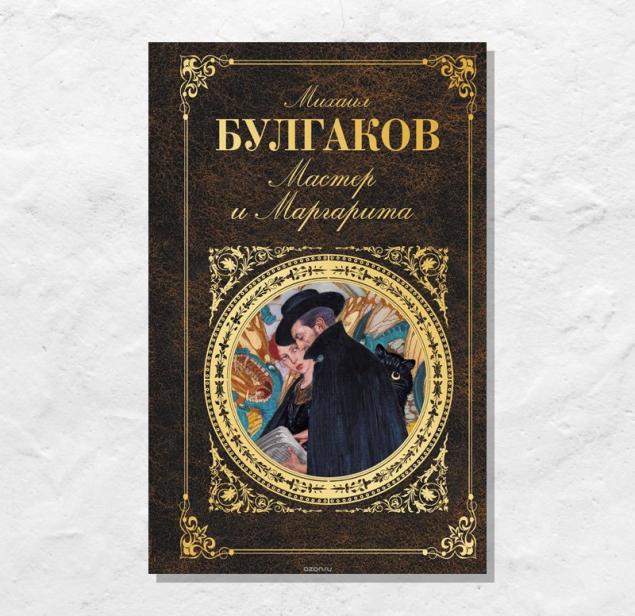
- "Eugene Onegin", Alexander Pushkin
- The Little Prince by Antoine de Saint-Exupery
- The Heart of a Dog by Mikhail Bulgakov
- War and Peace by Leo Tolstoy
- Crime and Punishment by Fyodor Dostoevsky
- Hero of Our Time by Mikhail Lermontov
- Twelve Chairs by Ilya Ilf, Evgeny Petrov
- One Hundred Years of Solitude by Gabriel Garcia Marquez
- The Three Musketeers by Alexandre Dumas
- Dead Souls by Nikolai Gogol
- "The Idiot," Fyodor Dostoyevsky
- The Adventures of Sherlock Holmes by Arthur Conan-Doyle
- “The Golden Calf”, Ilya Ilf, Evgeny Petrov
- Anna Karenina, Leo Tolstoy
- Evenings at the Farm near Dikanka by Nikolai Gogol
- "Robinson Crusoe" by Daniel Defoe
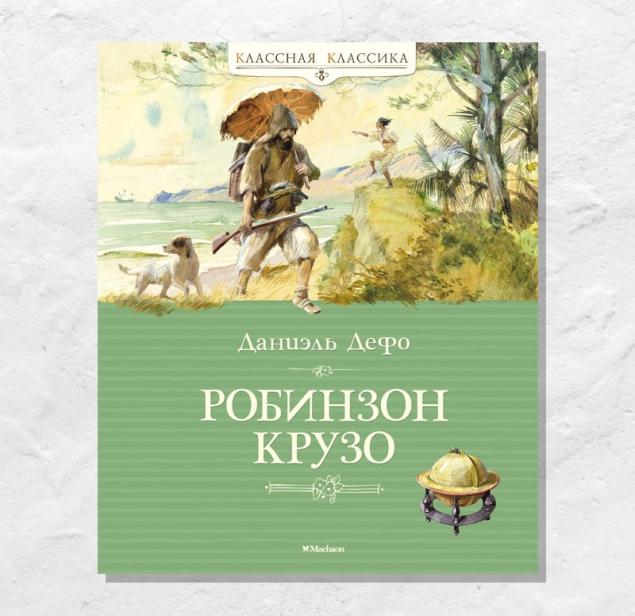
- Three Comrades, by Erich Maria Remarque
- Gone with the Wind by Margaret Mitchell
- Stories, O. Henry
- The Adventures of Tom Sawyer by Mark Twain
- Romeo and Juliet by William Shakespeare
- Stories, Anton Chekhov. Works by Chekhov We start studying at school. Someone is limited to the short content of a story set at home, and someone begins to swallow book after book, cry, laugh, stay awake at night. We have selected for you 11 best statements of this extraordinary, ironic person, which do not lose relevance to this day.
- Portrait of Dorian Gray by Oscar Wilde
- The Old Man and the Sea by Ernest Hemingway
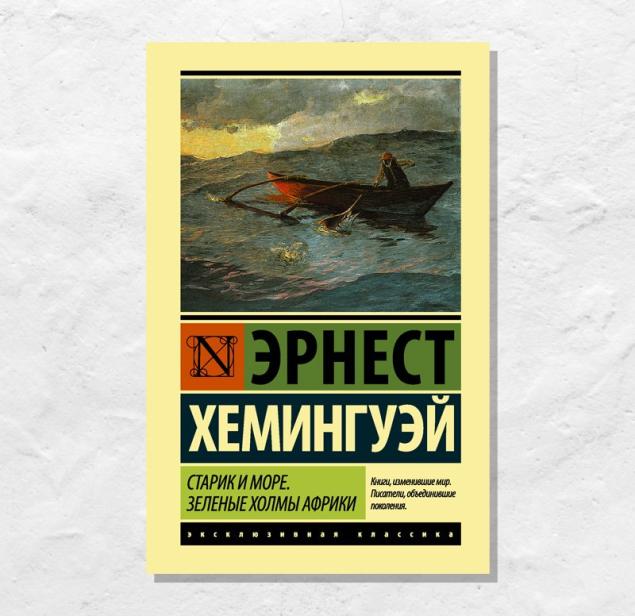
- The Catcher in the Rye by Jerome D. Salinger
- "Winnie the Pooh," Alan Alexander Milne
- Flying Over the Cuckoo's Nest by Ken Kesey
- "Red and Black," Stendhal
- On the Western Front Without Change by Maria Remarque
- The Count of Monte Cristo, Alexandre Dumas
- "Hamlet," William Shakespeare
- “The Captain’s Daughter” by Alexander Pushkin
- Alice in Wonderland by Lewis Carroll
- Don Quixote by Miguel Cervantes
- The Lord of the Rings by John Tolkien

- Pride and Prejudice by Jane Austen
- The Adventures of Huckleberry Finn by Mark Twain
- Oblomov, Ivan Goncharov
- "Faust," Johann Wolfgang von Goethe
- The Brothers Karamazov by Fyodor Dostoevsky
- Scarlet Sails by Alexander Green
- Fathers and Children, Ivan Turgenev
- The White Guard, Mikhail Bulgakov
- The Seagull Named Jonathan Livingston by Richard Bach
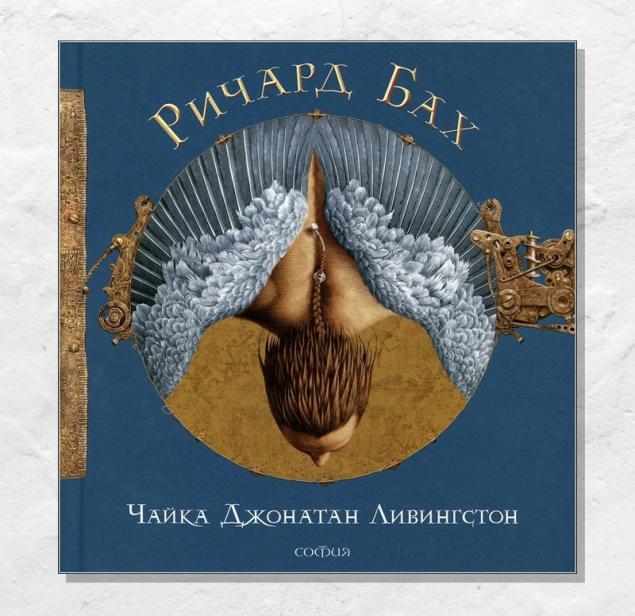
- “The Tales of Belkin”, Alexander Pushkin
- Notre Dame de Paris, Victor Hugo
- The Dog of the Baskervilles by Arthur Conan-Doyle
- "1984," George Orwell
- "Martin Eden," Jack London
- Three in a Boat, Not Counting a Dog by Jerome K. Jerome
- "Doctor Zhivago," Boris Pasternak
- "Jane Eyre," Charlotte Bronte
- Arc de Triomphe by Erich Maria Remarque
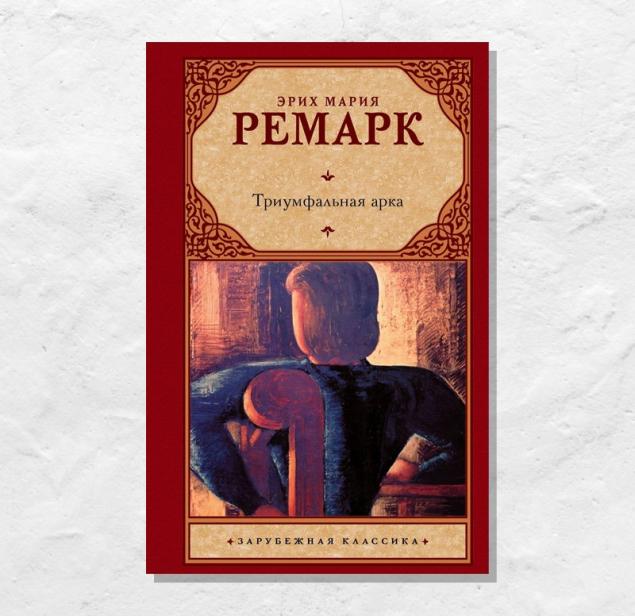
- Fahrenheit 451 by Ray Bradbury
- “Picnic on the Roadside”, Arkady and Boris Strugatsky
- Monday Begins on Saturday by Arkady and Boris Strugatsky
- Quiet Don by Mikhail Sholokhov
- The Children of Captain Grant by Jules Verne
- Solaris, Stanislaw Lem
- “Woe from Wit”, Alexander Griboyedov
- Treasure Island by Robert Lewis Stevenson
- "The Odyssey," Homer
- "White Fang," Jack London
- Lolita, Vladimir Nabokov
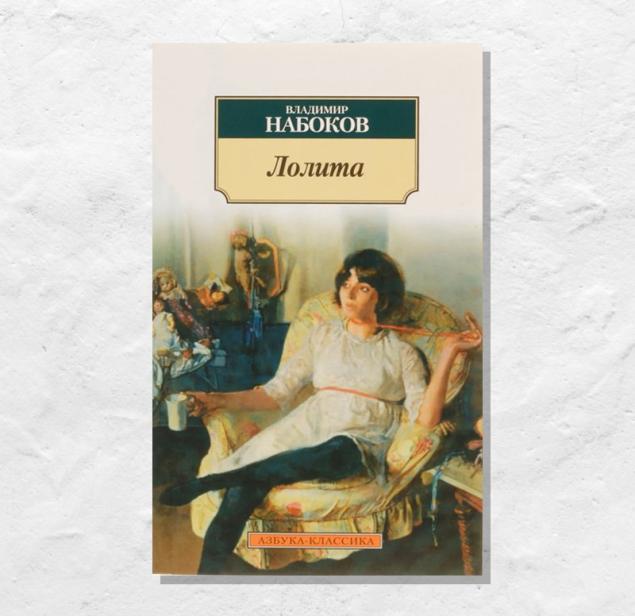
- “It’s Hard to Be a God” by Arkady and Boris Strugatsky
- Mysterious Island by Jules Verne
- Dark Alleys by Ivan Bunin
- "Illusions," Richard Bach
- Parma Monastery, Stendhal
- "The Iliad," Homer
- The Great Gatsby by Francis Scott Fitzgerald
- The Decameron, Giovanni Boccaccio
- "The Alchemist," Paulo Coelho
- “The Adventures of Erast Fandorin” by Boris Akunin
- To Kill a Mockingbird by Harper Lee
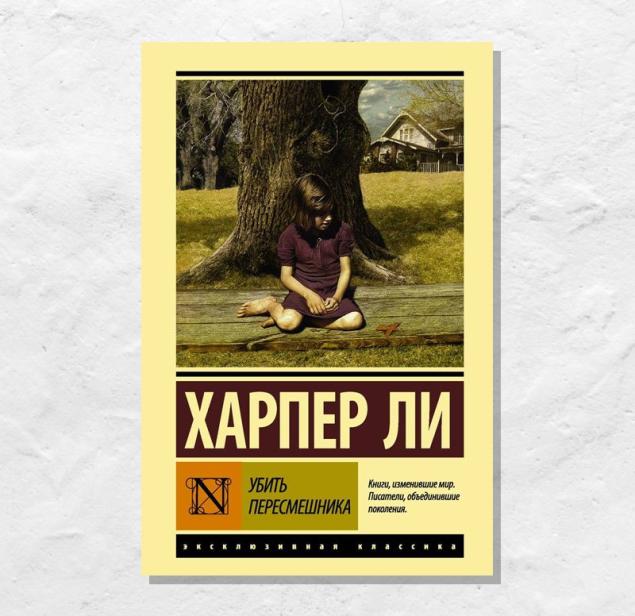
- Two Captains by Benjamin Kaverin
- American Tragedy by Theodore Dreiser
- Wuthering Heights by Emily Bronte
- Farewell to Arms by Ernest Hemingway
- The Name of the Rose by Umberto Eco
- “The Adventures of the Brave Soldier Schweik during the World War” by Jaroslav Gashek
- "The Process," Franz Kafka
- Taras Bulba by Nikolai Gogol
- "The Gadge", Ethel Lilian Voynich
- Singing in the Thorn, by Colin McCullough
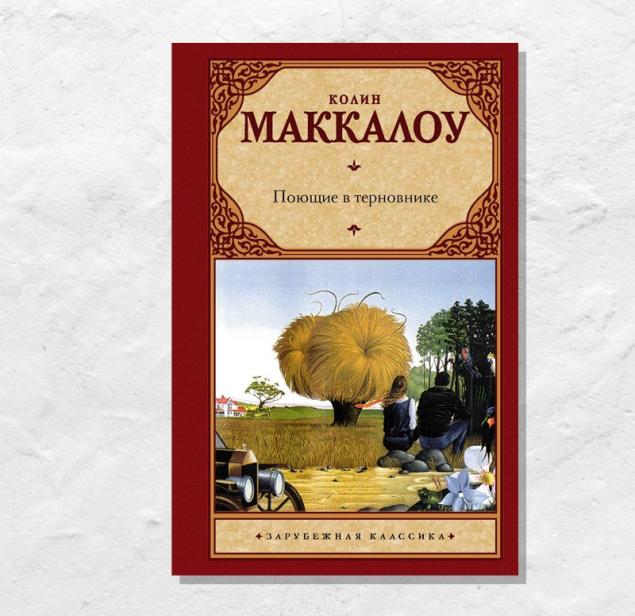
- The Holiday That's Always With You by Ernest Hemingway
- Slaughterhouse Five, or the Crusade of Children by Kurt Vonnegut
- "The Only One," Richard Bach
- "Shogun," James Clavell
- Harry Potter and the Philosopher's Stone by J.K. Rowling
- "The Magi," John Fowles
- The Unbearable Lightness of Being by Milan Kundera
- Lady Chatterley's Lover by David Lawrence
- The Hunt for Sheep by Haruki Murakami
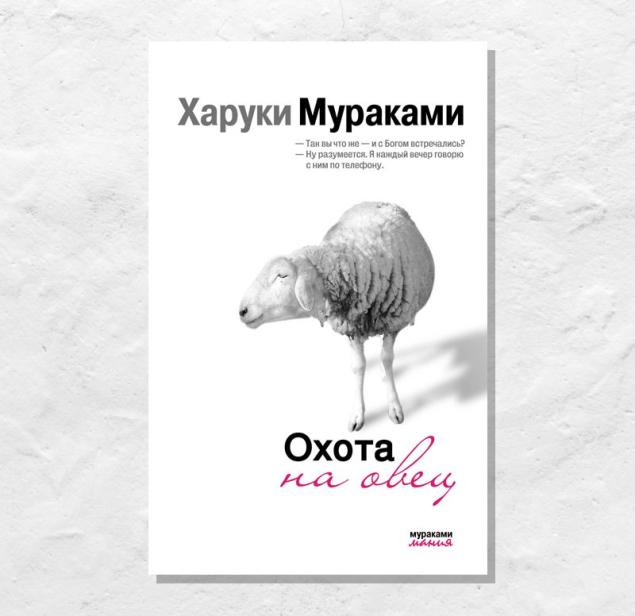
- "The Platform," Michel Houellebecq
- The Gulag Archipelago, Alexander Solzhenitsyn
- "Amendments," Jonathan Franzen
- Hello, Sadness! by Françoise Sagan
- "Ulysses," James Joyce
“Einmal ist keinmal ... Once is like never. If we are destined to live a single life, then we have not lived at all, reflects Milan Kundera in his famous novel The Unbearable Lightness of Being.
To draw a rather bold analogy, the books, once read as a child or fluently passed once as part of a school literature course, remain for the most part unfamiliar to us.
And the list of those few who read and re-read at intervals of tens of years, narrows like a shavern skin from an inexhaustible hundreds to tens, perhaps even a few.
There are never too many true friends. Bulgakov, Pushkin, Marquez, Hemingway, Nabokov, Strugatsky, Remark...

















